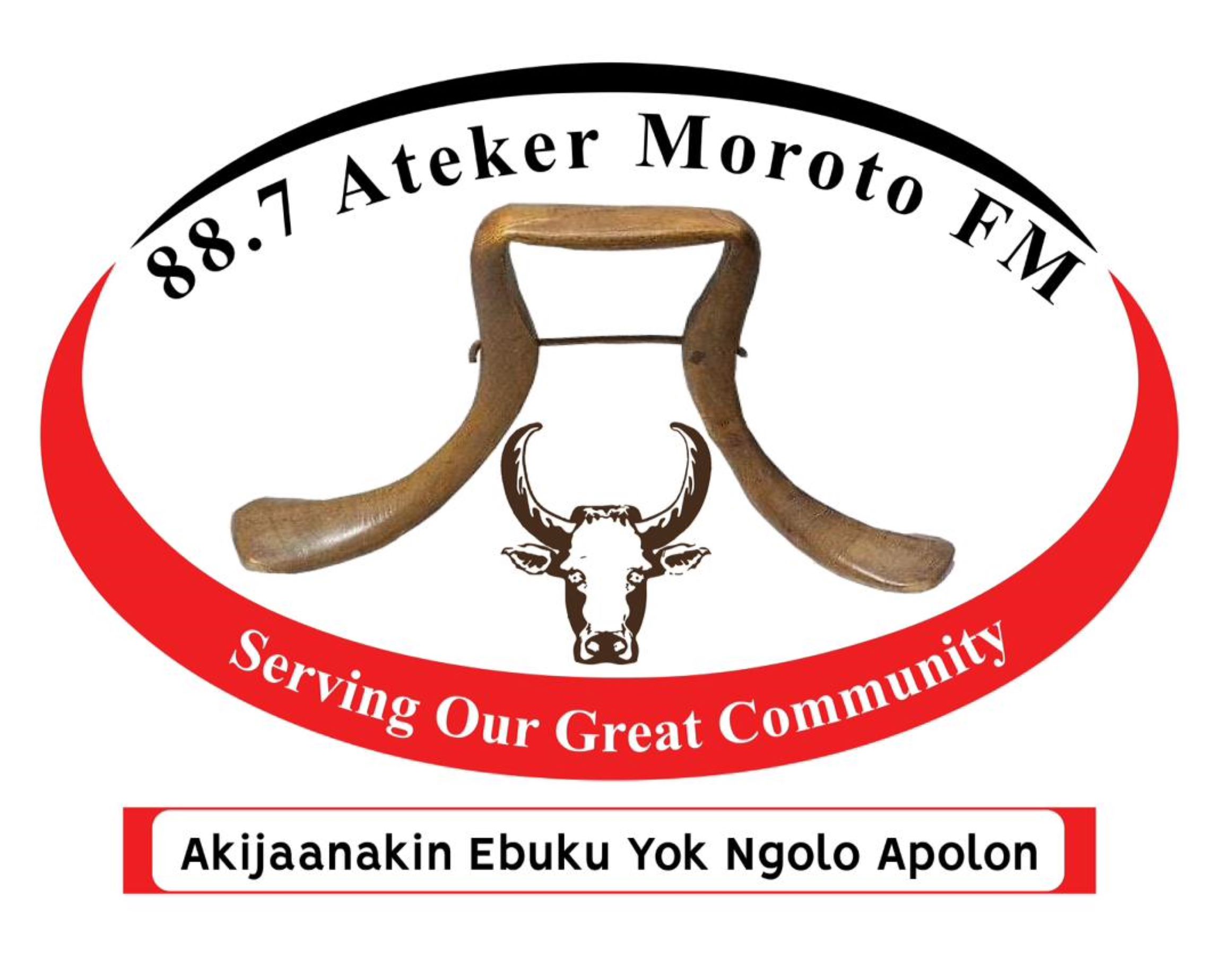Reports indicate that there
has been a drastic reduction in livestock production in the districts of Abim,
Kotido, Karenga and Kaabong between 2021 and 2023.
This is
contained in a submission to the state minister for animal industry.
Margret
Nalem, Karenga district vice chairperson while submitting her presentation
revealed that the district of up to date has 13,240 cattle, 38,672 goats,
34,000 Pigs, 32,000 Poultry and 80 donkeys but did not present the previous
statistics.
Cue//…Nalem Margret
Kaabong
district chairperson Jino Meri while referring to the vaccination data in 2021
revealed that the district had 33,858 cattle, 56,862 goats and 43,295 sheep but
according to the 2023 vaccination data, the district registered 3,082 cattle,
10,000 goats, 7,938 sheep.
Cue//…Jino Meri
Oscar Okengo
the District Veterinary Officer Abim noted that the 2021 animal census
indicated that the district had 32,780 herds of cattle, 63,517 goats and 18,210
pigs but the 2023 vaccination data shows the district has 12,461 Cattle, 17,241
goats and 13,811 pigs.
Cue//…Okengo Oscar
In Kotido
district, Fredrick Emmanuel Nyanga the deputy CAO disclosed that the national
livestock census held in 2021 estimated a population of 578,000 cattle,
1,200,000 sheep, 473,000 goats, 15,000 donkeys and 10 camels.
In 2023 he
says the estimated population now stands at 205,000 cattle, 980,000 sheep,
348,000 goats, 8,000 donkeys and 15 camels.
Cue//…Nyanga Emmanuel
The reports show
that the losses were caused by cattle rustling, diseases, lack of funds and
transport for quick response among others.
Lt Col
Bright Rwamirama- the state minister Animal industry acknowledged the
importance of livestock to families in Karamoja, with 80 percent directly
involved in livestock farming ,adding that recent studies indicate that
livestock is being lost in Karamoja due to cattle rustling and diseases.
He however
pledged government’s commitment towards addressing the challenges.
